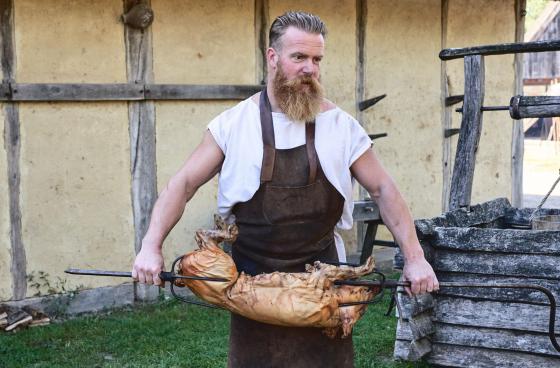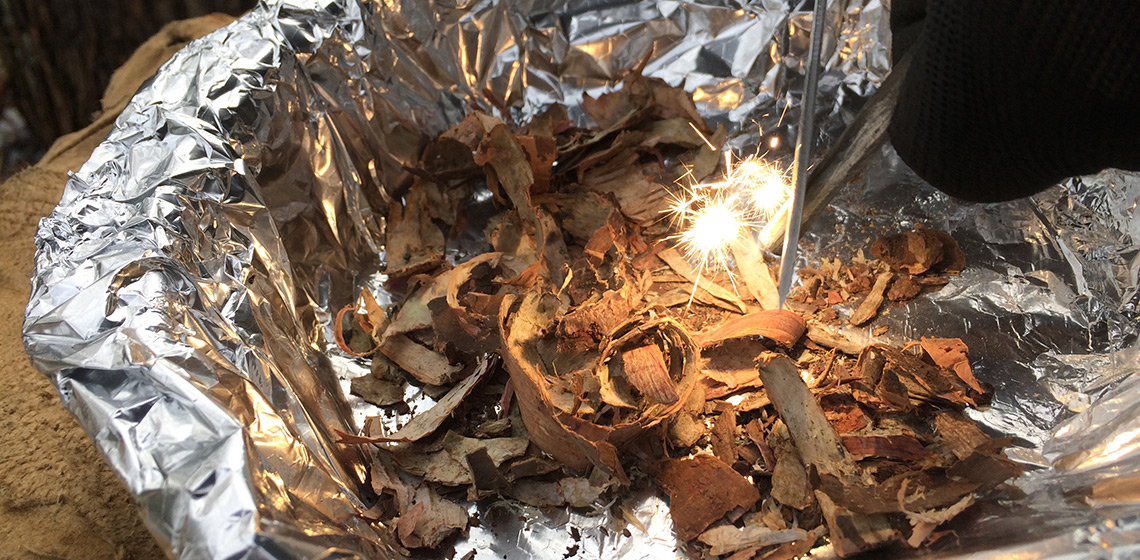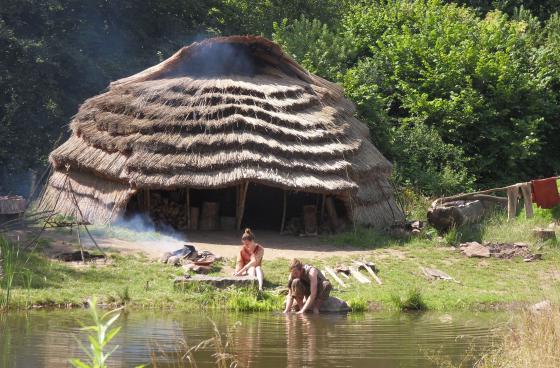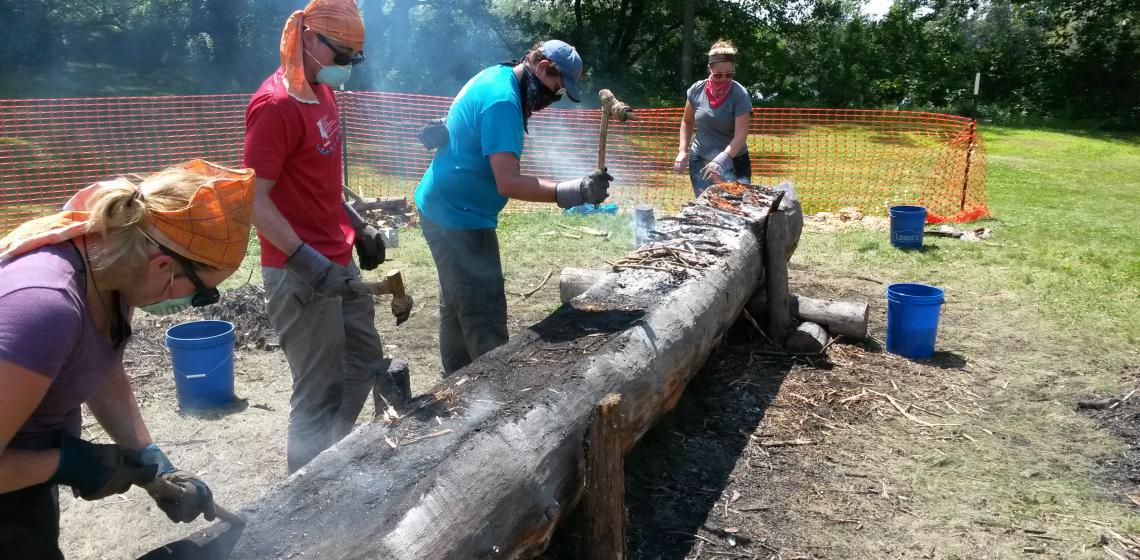Experimental archaeology plays an important role in the Archaeological Studies program at The State University of New York at Potsdam (aka SUNY Potsdam). We are small teaching focused undergraduate institution located in the northern most region of New York State, USA.
Our faculty teach a wide variety of archaeological courses spanning time and space. We incorporate experimental and experiential archaeology into our teaching and scholarship in many different ways. In addition to a free-standing course in Experimental Archaeology, experimental and experiential activities are incorporated throughout the curriculum. For instance, students develop and carryout stone boiling experiments, prepare hickory nut soup and practice flint-knapping and traditional fire-making techniques as a regular part of their archeological course work.









